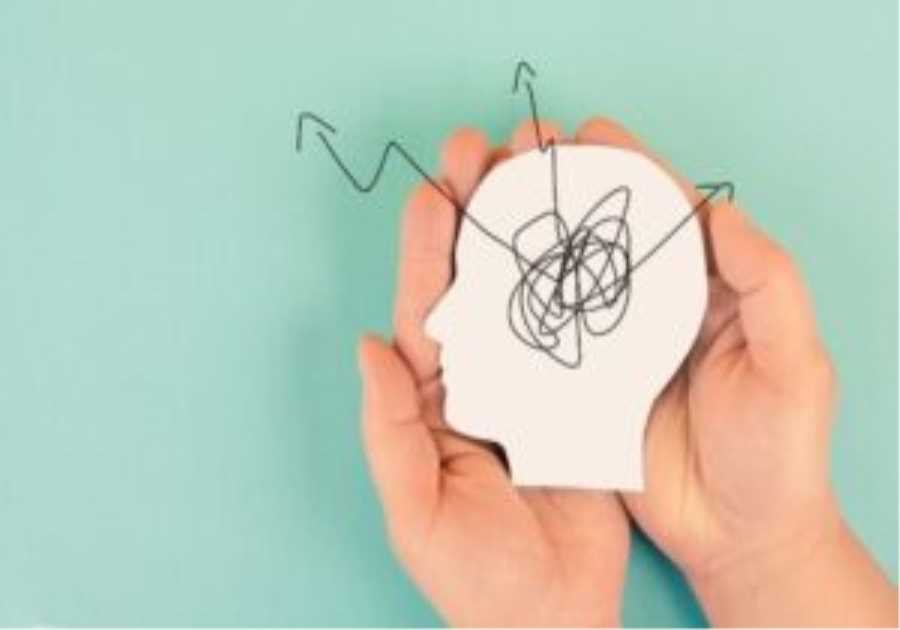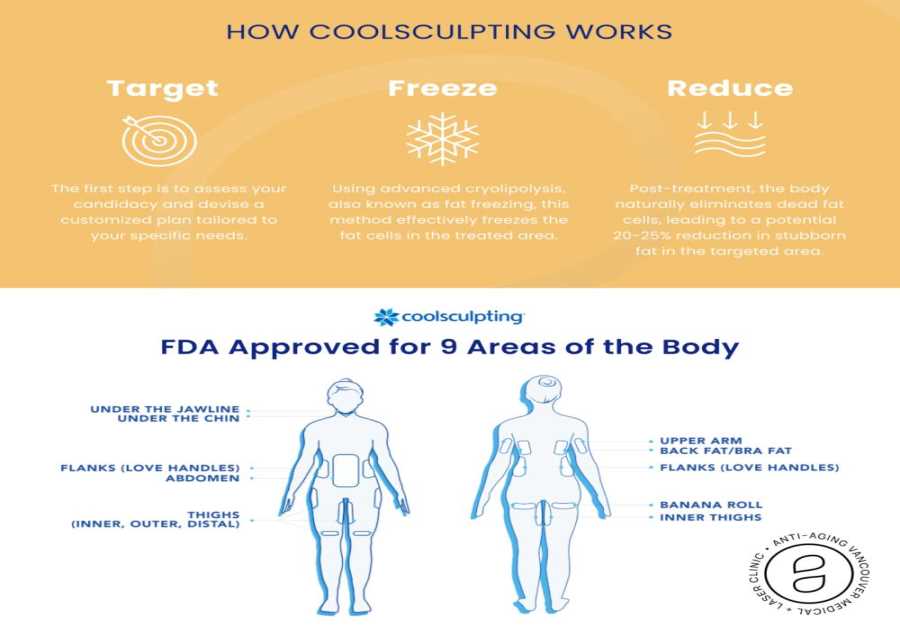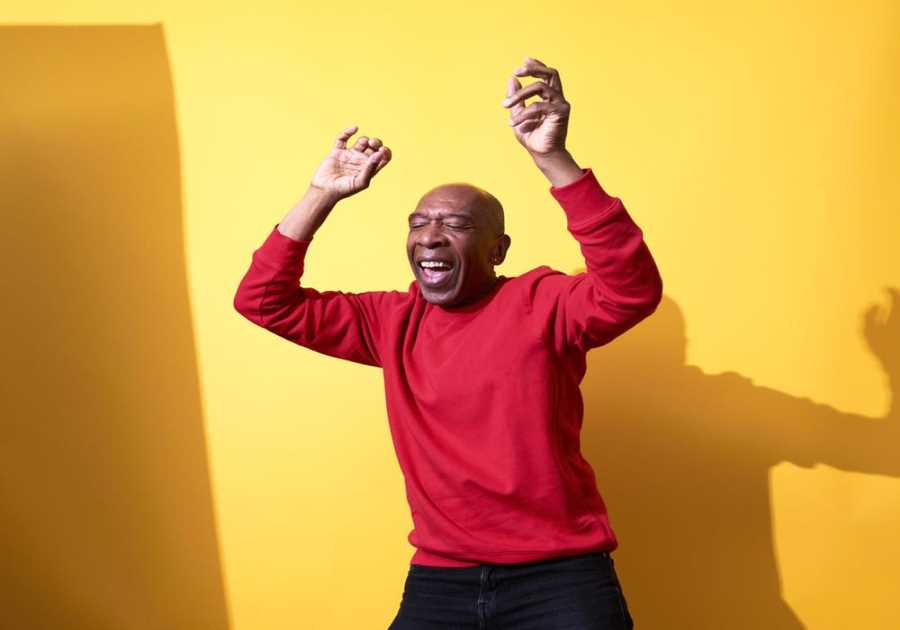Meditation is the practice of observing our thoughts and our breath. But we also have access to this unlimited reservoir of energy, what some people call divine intelligence or consciousness. By becoming aware of this, you can consciously tap into it through your own practice, and learn how to restore your energy through meditation.
This internal level of quality of energy is something that you will begin to experience as you learn how to become more balanced, centered, and self-aware.
Meditation Helps to Activate the Parasympathetic Nervous System
Have you ever experienced being in deep meditation? What is that like?
If you haven’t achieved that level in your practice, don’t worry, you will. It feels like you’re free; you feel light and buoyant. And those little poles of tension on your system just release. We often feel this tension of pushing and pulling and striving in our lives, and it’s that type of energy that keeps us concentrated more in the survival part of the brain.
When we drop into a very deep sleep, your body starts to go into a different physical mode. This is the parasympathetic nervous system, or the passive part of your body’s natural processes that allows you to rest and digest. So when the brain waves begin to slow down, and the mind begins to quiet, then our energy begins to build, even as we age.
By learning to engage the parasympathetic nervous system through meditation, you can build your energy, even slow down the effects of aging and disease.
Four Ways That Meditation Helps You to Restore Energy
There are three main ways beyond just the physical experience that meditation can help you to restore your energy throughout the day and through your life. We will explore each one more thoroughly, but in summary:
- Meditation quiets the mind
- Meditation helps to process emotions
- Meditation helps release past trauma
- Meditation creates coherence
Let’s take a closer look at these pillars of how to restore your energy through meditation.

1. Meditation Quiets the Mind
Our mind is the initial cause of stress. It’s the way that we think our thoughts, the way we perceive life, and that includes our beliefs. If we think that something or someone is attacking us, or that we are a victim of something outside our control, that is going to cause us stress in our mind as well as our physical body.
Meditation provides a quiet, rejuvenating space during the day, where you can learn how to shift gears and make your mindset less stressful. So the more we meditate and go into a place of observation of our own thoughts, without judgement, the more we’re able to manage the content of our mind and how we think.
If you live with a stressful, anxious mindset, that is going to affect everything else in your life. Meditation gives you an opportunity to shift out of the modes of thinking that can cause us to dwell on our stress, and learn how to see stressful factors in a positive way, as a learning experience.
2. Meditation Helps to Process Emotions
Every one of us goes through countless experiences all day long. We cram our day full of stuff. We have busy schedules, full lives. It can seem like there’s just a plethora of things to do and get done and be responsible for. And we don’t really take the time to review all the exchanges that we’ve had throughout the day.
If you’re scheduling your day very tightly, and don’t give yourself time to transition, process events, or release emotional experiences (both good and bad), then it can accumulate on your nervous system. The experience gets stored for later somewhere in our cells, or we press it down into our kidneys and let it sit there until we’re ready to deal with it.
Meditation helps with this by creating a space in your day, and acknowledging that you’ve had a difficult experience, or just that you feel spent or drained. Even if you don’t engage in a full session of meditation, it can help just to sit or lie down and breathe, or maybe take a short nap. Going into that restful state of being is another way to initiate the relaxation response.
3. Meditation Helps Release Past Trauma
Many of us suffer from chronic stress and fatigue, even post-traumatic stress disorder (PTSD), especially now after everything that has happened during the pandemic, and the after effects of lockdown. Many people are feeling adrenal fatigue, compassion fatigue, or just the fatigue of having to maintain a certain lifestyle that didn’t feel natural or free. It’s important to address just that you feel tired, or just “blah”. When we have these feelings, it means that we’ve accumulated a quality of energy into our system, and that quality of energy needs to be released, or grounded.
That energy can build up in lots of different ways. It can accumulate through experiences, through exchanges with others, from energy that people put into your space and make you feel a certain way. And you want to be consciously releasing those old energetic patterns from past experiences that affect your present moment. Because when we’re truly clear, attuned and connected to this moment, we feel present. It becomes easier to feel lighter, to feel that deeper peaceful joy that is there all the time, which we can access through meditation.
4. Meditation Nurtures Coherence and Stability
Noticing what happens when we enter the state of meditation, we begin to feel more balanced, more centered. We become aware of where we’re placing our attention, where it goes, and where our energy flows to. Meditation is a healing opportunity. It creates coherence through the mind and the heart, and helps activate a state of peace and compassion, and, most importantly, compassion towards ourselves.
We live in a culture where we are always beating ourselves up for one thing or another. It’s a kind of self-bereavement, even about our meditation practice. It’s easy to enter a state of judgement, thinking that you didn’t do something good enough, or you don’t know how to meditate. Having these subtle, negative thoughts about ourselves and other people drains our energy in all the ways we just discussed.
That harsh, judgemental mindset causes a lot of stress, and pulls on our energy. So when you learn to be kinder to yourself, to think less harsh thoughts, to cultivate a more compassionate state of mind, then the easier it gets to flow your energy, to relax and feel free.

Becoming Aware of Where Your Energy Flows to
Meditation can help you to be aware of the demands on your energy, what causes your energy to feel tense, contracted, or depleted. It could be anything, and we don’t blame the trigger that caused it, you just start noticing. This is what causes you to tighten up, to create anxiety. It’s important to be aware, to raise our self-awareness to see if we need to create a new belief, take a new action or express a healthy boundary.
Remember, meditation helps to activate the parasympathetic nervous system, or the relaxation response. When we sit in meditation, it’s an opportunity to feel what we really feel. Even if you feel agitation or restlessness, we try to sit in meditation with that. To notice it. The approach that I teach with energy addresses that, so that you’re doing conscious releasing and relaxing right from the beginning. But if you’re not an advanced practitioner, even just lying down and being with yourself for 10 or 20 minutes a day can be very helpful.
It doesn’t have to be a struggle. The way I like to do that is to just imagine grounding or releasing that old or stagnant energy, any tension or activity or people that you’re holding on to in your mind, and just consciously let it go. The relaxation response tells your body that it’s safe to rest and let go. This serves to activate your process of elimination, to release any toxins that you’re holding, physical or mental, to eliminate those toxins and return to homeostasis.
Meditation, Restorative States, and Activating the Relaxation Response
By activating the relaxation response, you’re activating your body’s natural healing reflexes. If you want to feel better, one of the most important things to do is to rest, relax, and get lots of good sleep. I believe that sleep is more important than meditation. If you’re sleep deprived, you are not going to have a good sitting practice. You will be struggling against the natural energy flow of what your body truly needs.
Always choose sleep over meditation. If you need a 30 minute nap instead of a 30 minute meditation practice, don’t feel guilty. If you’re an advanced meditator, you may be able to enter a state between waking and sleeping. But if you’re not, try taking a nap before meditation. That is going to help rejuvenate you so that you can be present, and to receive the full benefits of how to restore your energy through meditation.
This is copyrighted material from https://www.Suraflow.org (Sura Center, LLC). If you are viewing this on another site, they are in violation of copyright law. All websites who infringe on our copyrighted material will be reported and legal actions will be taken. Your website will be reported to Google as well as your hosting provider. Please remove any published material from Suraflow.org from your website as soon as possible.
The post How to Restore Your Energy Through Meditation appeared first on Sura Flow.
-----------------------------------
By: Sura
Title: How to Restore Your Energy Through Meditation
Sourced From: suraflow.org/how-to-restore-your-energy-through-meditation/
Published Date: Sat, 24 Jul 2021 00:42:44 +0000
Did you miss our previous article...
https://biohackersnews.com/meditation/the-longest-night-of-the-year
.png)





